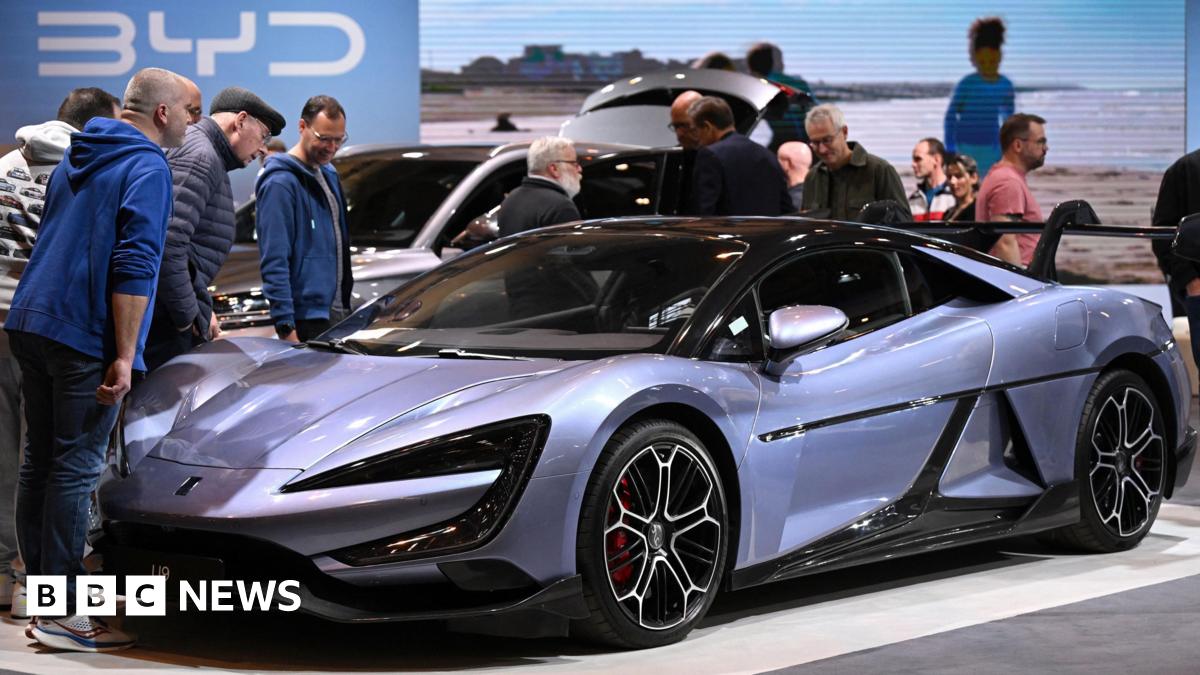BYD’s total vehicle sales jumped more than 41% in 2024, year-on-year. The surge was powered mainly by sales of its hybrid cars.
The company has benefited from a rise in car sales in its home market, as intense competition drove down prices and government subsidies encouraged consumers to replace their old cars with EVs or other more fuel efficient options.
BYD sells 90% of its cars in China, where its been extending its lead over foreign brands like Volkswagen and Toyota.
The rise of BYD and other Chinese EV makers contrasts with the challenges faced by some legacy car makers, which have been struggling in major Western markets.
Last month, Honda and Nissan confirmed that they were holding merger talks, as the two Japanese firms seek to fight back against competition from the Chinese car industry.
Also in December, Volkswagen announced it had reached a deal with the IG Metall trade union which will avert plant closures in Germany and avoid immediate compulsory redundancies.
The German motor industry giant had previously warned it might have to shutter plants in the country for the first time in a bid to cut costs.
Earlier in the month, the boss of car making giant Stellantis, Carlos Tavares, quit with immediate effect following a boardroom clash.
His abrupt exit from the company – which owns brands including Vauxhall, Jeep, Fiat, Peugeot and Chrysler – came two months after Stellantis issued a profit warning.
In the third quarter of 2024, BYD saw its revenues soar, beating Tesla’s for the first time.
It posted more than 200bn yuan ($28.2bn, £21.8bn) in revenues between July and September – a 24% jump from the same period last year, and more than Elon Musk’s company whose quarterly revenue was $25.2bn.
However, Tesla still sold more electric vehicle (EVs) than BYD.

